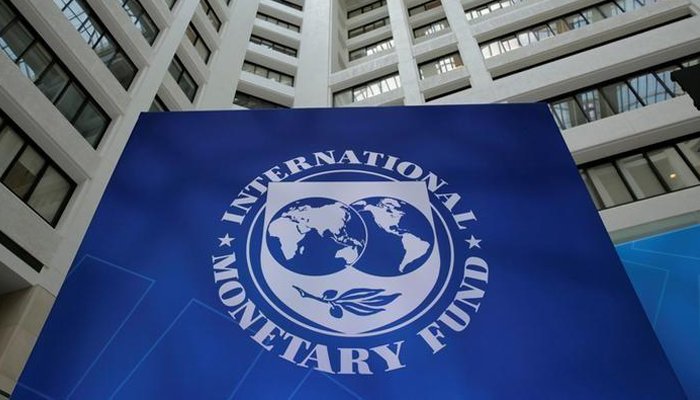Central bank digital currencies (CBDCs) may increase financial inclusion and lower costs, according to an IMF survey for Central Asia and the Middle-East.
The IMF could be more enthusiastic about CBDCs despite their positive use case. The IMF stated that CBDCs may not be necessary to attain the intended policy objectives after surveying approximately 19 central banks. The survey also identified the fundamental limitations of CBDCs and suggested that enhancing other digital payment systems would be a more viable alternative to CBDCs.
The IMF has been researching the evolution of CBDCs and guiding its member nations to incorporate them into their respective monetary systems for an extended period. A senior International Monetary Fund (IMF) official stated that “a global CBDC platform that enables capital controls could reduce payment costs.”
Several countries in the Middle East and Central Asia (ME&CA) region are currently investigating the potential of Central Bank Digital Currencies (CBDCs). It is worth noting that the Bank for International Settlements (BIS) and Saudi Arabia’s central bank recently collaborated on a cross-border CBDC initiative for international trade. Furthermore, IMF Managing Director Kristalina Georgieva has proposed that CBDCs may serve as an alternative to currency in island economies. The IMF survey concluded by observing:
“Ultimately, introducing digital currencies will be a long and complicated process that central banks must approach with care. Policymakers need to determine if a CBDC serves their country’s objectives and whether the expected benefits outweigh the potential costs, risks for the financial system, and operational risks for the central bank.”
CBDCs Have the Potential to Compete with Bank Deposits
The IMF has also cautioned that deposits provide 83% of the funding for banks. Consequently, CBDCs may compete with deposits, affecting the nation’s financial stability and the banks’ profits and lending.
The survey disclosed that 19 regional central banks are investigating the issuance of Central Bank Digital Currencies (CBDCs). CBDCs are these countries’ primary concern, as they seek to improve the efficacy of their payment systems and increase financial inclusion. The IMF observed:
“Specifically, in Middle East and North Africa oil exporters and the Gulf Cooperation Council countries, where financial markets are relatively more developed, the priority is making both domestic and cross-border payments more efficient, while for Middle East and North Africa oil importers, the Caucasus and Central Asia, and low-income countries, it is expanding financial inclusion.”
The IMF further stated that the sole implementation of CBDC involves the provision of some marginal benefits without addressing other obstacles, such as low financial literacy, distrust of financial institutions, and a lack of identification.
